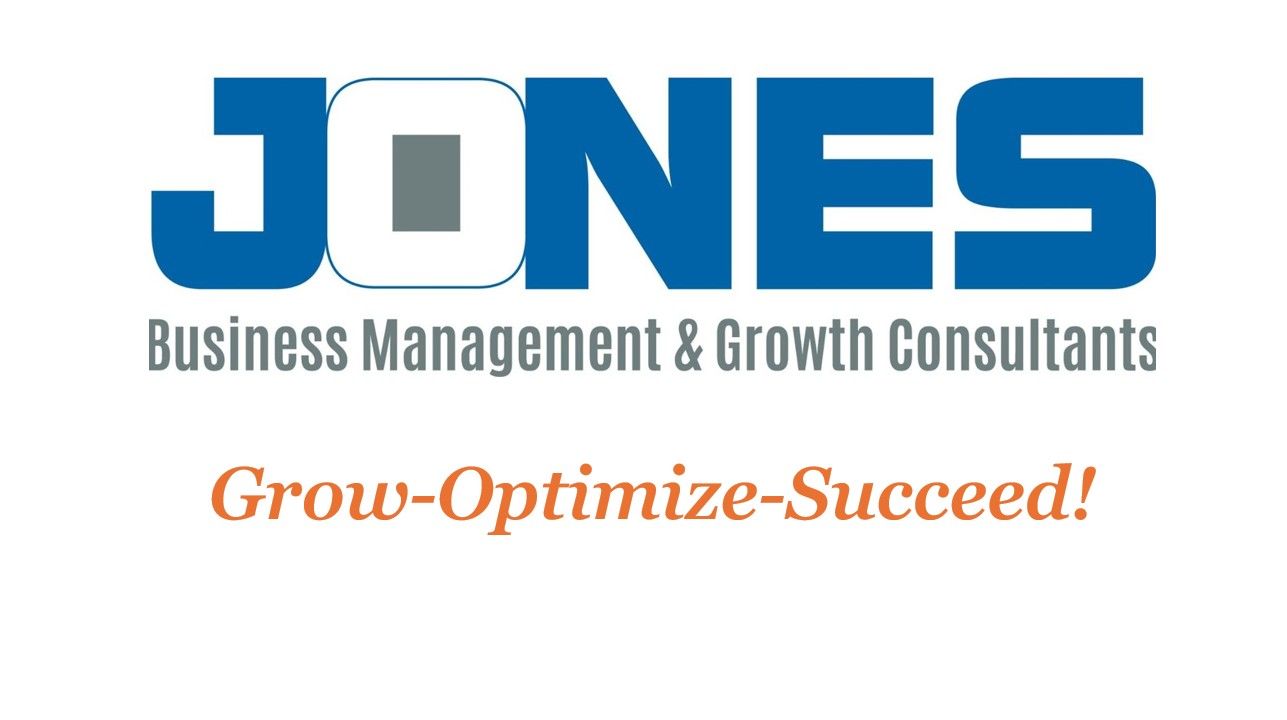Building a Bottom-Line Focused Team: Hiring for Growth and Efficiency-Part 3
Hiring for Efficiency and Cost Savings: Building a Strong Support System

In the first two posts of this series, we focused on the employees who directly generate revenue for your business. Now, we’re shifting the focus to another crucial group: those who save money by improving efficiency. These employees may not always be front-and-center, but they play a vital role in the profitability of any business by ensuring operations run smoothly, costs are minimized, and resources are optimized.
In service-based industries, where time and materials are key cost drivers, the impact of an efficient team can make the difference between success and failure. Whether it’s reducing waste, improving productivity, or streamlining processes, hiring the right people to manage the back-end of your business is just as critical as hiring revenue generators.
The Role of Cost Savers
Cost savers are the employees whose efforts improve the bottom line by reducing expenses or increasing efficiency. Their work may not immediately result in cash flowing into the business, but the savings they create have an equally powerful impact on profitability. These employees can be found in various roles across your company, from operations managers and administrators to technicians who know how to make the most of your resources.
Here are a few key roles that typically contribute to cost savings:
- Operations Managers – Oversee workflow, optimize processes, and ensure resources (labor, materials, etc.) are used efficiently.
- Administrative Staff – Handle back-end support, paperwork, and ensure that the business runs smoothly without unnecessary delays or errors.
- Procurement Managers – Source materials or supplies at the best possible price without sacrificing quality.
- Technicians and Operators – Skilled workers who complete jobs quickly and with minimal waste, often finding ways to work more efficiently over time.
- Schedulers and Dispatchers – In service industries like HVAC, landscaping, or plumbing, efficient scheduling and routing can save time, fuel, and labor costs.
What to Look for When Hiring for Efficiency
The key to hiring cost savers is looking for individuals who prioritize efficiency and are always on the lookout for ways to streamline operations. Here are some traits and skills to consider when hiring for these roles:
- Attention to Detail
Employees who focus on cost savings need to have a keen eye for detail. This could mean identifying areas where the company is overspending or noticing inefficiencies in day-to-day operations. These employees are meticulous and proactive in finding solutions that lead to cost reductions. - Process-Oriented Thinking
In roles like operations or project management, it’s crucial that employees understand the importance of processes. They should be capable of analyzing workflows, identifying bottlenecks, and proposing improvements that will lead to smoother operations. The more streamlined your processes, the less money and time you waste. - Analytical Skills
Cost-saving roles often require the ability to analyze data, whether it's comparing prices, evaluating employee productivity, or tracking time and materials. Strong analytical skills allow these employees to make data-driven decisions that lead to cost reductions and efficiency improvements. - Resourcefulness
Employees focused on efficiency and cost savings often need to think creatively to find the best solutions with limited resources. Whether it's negotiating with suppliers for better rates or finding ways to reduce material waste, a resourceful employee can make a big impact on your bottom line. - Time Management
Good time management is essential for improving efficiency. Employees who can prioritize tasks, manage deadlines, and ensure projects stay on track will help your business save time, which translates to cost savings in the long run.
Metrics for Measuring Efficiency
Measuring the impact of your cost-saving employees is just as important as measuring the performance of revenue generators. Here are some key metrics to track when evaluating how well these employees are improving efficiency and reducing costs:
- Cost Per Project/Job
For businesses in service industries, one of the easiest ways to measure efficiency is to track the total cost of each project or job. This includes labor, materials, and any overhead. Employees who can reduce the cost per job through improved processes or reduced waste are adding value to your business. - Job Completion Time
In operational roles, reducing the time it takes to complete tasks without sacrificing quality is a key indicator of efficiency. Employees who can consistently finish jobs faster help your company save on labor costs, which directly impacts profitability. - Material Waste Reduction
Minimizing waste is another important metric, especially in industries like construction, landscaping, or manufacturing, where materials are a significant cost. Employees who can reduce material waste while maintaining quality will help you improve your margins. - Budget Adherence
For roles like project management or procurement, staying within budget is a critical measure of success. Employees who consistently manage costs and keep projects on budget are making a direct impact on profitability. - Fuel and Time Optimization
In industries with mobile operations, such as HVAC or landscaping, efficient routing and scheduling can reduce fuel costs and travel time. Employees who improve scheduling and dispatch efficiency contribute to cost savings without sacrificing customer satisfaction.
Avoiding Common Pitfalls in Hiring for Cost Savings
Hiring employees who will help improve efficiency and reduce costs is crucial, but it’s important to avoid certain pitfalls:
- Overemphasis on Short-Term Savings
In the drive to cut costs, it’s easy to make decisions that deliver short-term savings at the expense of long-term efficiency. Ensure that the employees you hire understand the balance between immediate cost reductions and sustainable long-term solutions. - Neglecting Cultural Fit
Just like with revenue-generating roles, cultural fit matters. Employees who don’t align with your company’s values, or who are resistant to change, can hinder efficiency improvements. Hire people who embrace your company’s mission and are willing to adapt to evolving processes. - Ignoring Training Needs
Even the most resourceful or detail-oriented employees need proper onboarding and continuous training to be effective in improving efficiency. Invest in training to ensure your employees are up to date on the latest tools, technologies, and methods to enhance productivity.
Conclusion
Hiring for efficiency is about building a team that can work smarter, not harder. Employees who reduce costs and streamline operations are essential to the long-term profitability of any business. By focusing on traits like attention to detail, process-oriented thinking, and resourcefulness, and by tracking key metrics like job completion time, cost per project, and waste reduction, you can ensure your team is helping your business stay competitive and profitable.
Ready for more?
The final parts of this series dive even deeper into how you can assess the return on investment (ROI) for every hire and build a team that consistently adds value. These final posts are available exclusively in our Skool community, which is free to join! You’ll also find additional resources, tools, and discussions to help you build a bottom-line focused team.
Join us on Skool now: https://www.skool.com/jonesbusinessgrowthchannel
Don’t miss out on the tools and insights to take your business further!
#BusinessGrowth #EmployeeHiring #BottomLine #Efficiency #CostSavings #TeamBuilding #OperationsManagement #BusinessProfitability #Leadership #HiringStrategy
















